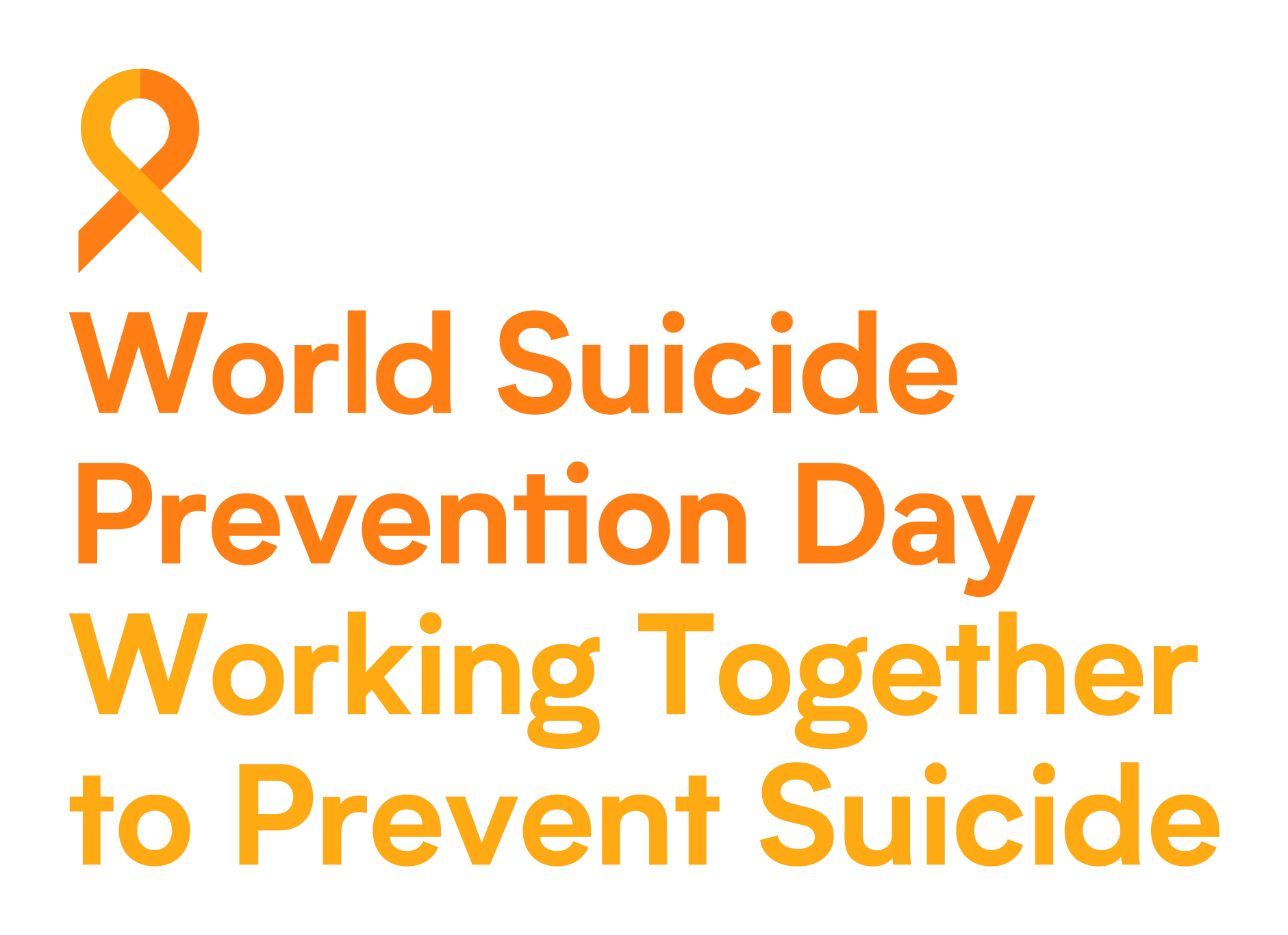Talking about World Suicide Prevention Day
Talking about
World Suicide Prevention Day
Suicide is one of the leading causes of death in every country around the world — yet it’s one of the hardest subjects to talk about.
Every year, the world loses more than 700,000 people to suicide (statistics from WHO, 2021). And each of those tragic deaths results in extreme mental health distress for dozens, if not hundreds of people.
The causes of suicide have been misunderstood and misrepresented for a long time. The act of taking your own life has been stigmatised as a selfish choice — rather than understood as a tragic action taken to end extreme suffering, and a result of declining mental health.
This unforgiving viewpoint has been bubbling under a culture of silence around mental health. People going through tough times end up feeling shamed, judged and isolated, when what they really need is to feel supported, understood, and uplifted.
The result? Isolation, despair, breakdown in connection, loss of meaning. The very conditions that lead to suicide.
World Suicide Prevention Day is on the 10th of September every year — giving us an annual opportunity to challenge this situation.
If suicide is caused by despair, isolation, and a lack of support for mental health distress — then we need to reshape our culture towards open communication, better mental health support, and more opportunities for connection and help when it’s most needed.
Men’s mental health and higher suicide rates
Men are twice as likely to die by suicide, and in some countries this rate is even higher.
Across the world men are generally conditioned to be strong and silent. Opening up about facing any kind of problem or vulnerability is cast as weakness. Men are also less likely to benefit from close, open friendships where any problem can be safely discussed.
This link between suicide and men’s mental health was raised in a powerful viral moment recently by Paddy ‘the Baddie’ Pimblett. In an emotional post-fight speech at UFC London, Paddy asked young men going through suicidal thoughts to open up, and speak about their struggle.
“There’s a stigma in this world that men can’t talk. Listen, if you’re a man and you’ve got weight on your shoulders and think the only way you can solve it is by killing yourself, please speak to someone! Speak to anyone.”
Thankfully we are now in a time where victorious fighters use their public stage to campaign for mental health, encouraging men to open up about their struggles. The culture of silence around mental health is beginning to shift — but with suicide rates continuing to increase due to the pressures of the pandemic, we need to keep spreading this message.
How to Help
The following advice is inspired by this online guide from HelpGuide.com, drawing on the recommendations of mental health professionals. The web page offers some supportive conversation starters and questions to ask, and a framework for helping someone in your life with suicidal ideation.
Suicide is an extreme, tragic expression of the difficulty and suffering we all face as human beings. We’re all in this together, and we can make a difference to each other.
Talk to each other about things that matter
One of the ways we can contribute to this global movement is to open up about our own mental health. The opposite of isolation is connection, and we can build connection through opening up to each other, and sharing more of our real selves with the people around us. Haven’t we all felt like life was too hard to cope with at some point? Or been through a period in our life where we felt alone, and that we didn’t know where to turn?
The more we normalise talking about what’s really going on with us beneath the surface, the more opportunities will be there for people who really need a chance to open up before it all becomes too much.
Pay attention to the warning signs
If someone in your life is saying things like “You’ll be sorry when I’m gone” or “I can’t see any way out” — take it seriously, and don’t ignore them.
Show that you care, and that there’s always options
Help someone displaying the warning signs of suicidal thinking to understand they are cared for, and that they would be missed. Talk to them about the causes of their distress, and talk about the alternative choices to deal with those sources of pain. Help them research where to turn to for support, and offer things to feel hopeful about.
So on World Suicide Prevention Day, millions of people around the world will be posting about their mental health stories. Others will be helping to build awareness around the causes of suicide, and sharing what we can do to help.
It’s time to turn up our compassion, and learn the communication skills that will open up vital, life saving conversations about mental health in our communities.
Let’s be that person that others can turn to when they’re going through a difficult time. Let’s model what it looks like to open up about your deepest fears and vulnerabilities, so others feel safe to do the same.
And let’s remind people that there’s always somewhere to turn to.
Suicide Prevention Charities
In the US and in the UK, the Samaritans run volunteer-staffed hotlines and education programs. There’s access to suicide survivor support groups, and help for friends and family affected by suicide.
Call the UK 24/7 Samaritans on 116123.
In the US, call the National Suicide Prevention Hotline on 988.
We’re here to amplify issues that affect us all through digital storytelling and marketing strategy. Learn about how we can help your message be heard at tusko.co.uk.
That’s all folks.
If you’re a social impact start-up or a third sector organisation in need of powerful, character-driven storytelling to engage your audience — that’s what Tusko is built on. DM us to start a conversation.



